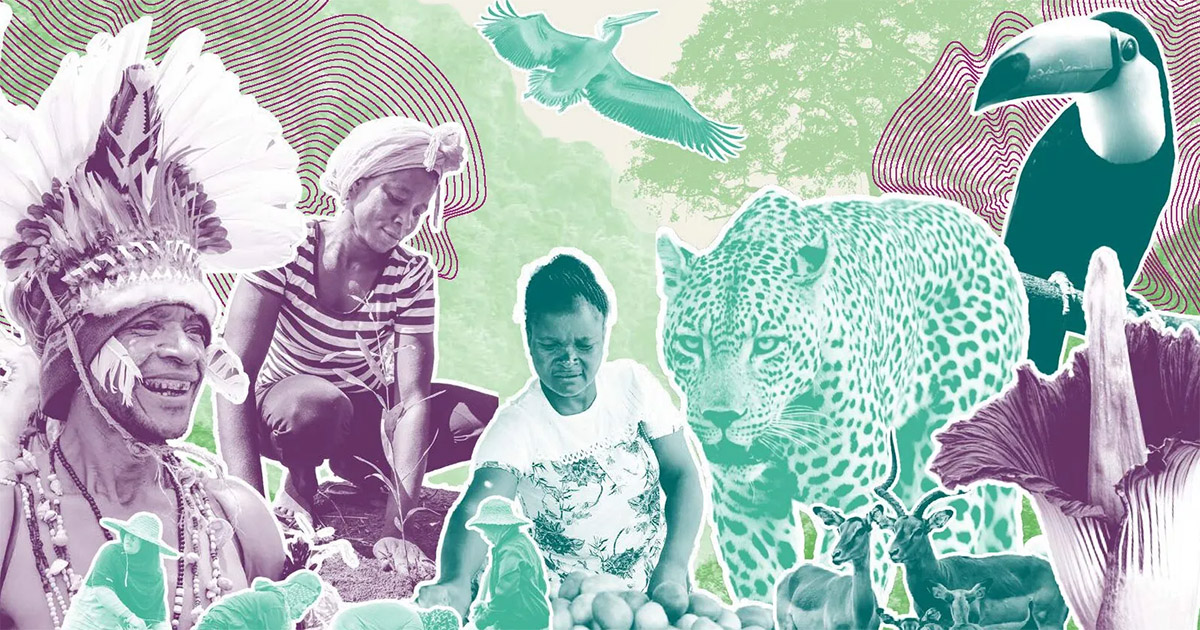Indigenous knowledge has become a topic of considerable interest within the research and development environment. Incorporating indigenous knowledge into state-led'top-down' conservation and development programmes, however, is still a great challenge. This paper presents a case from Yunnan, Southwest China, in which indigenous knowledge has been integrated into the development of an agroforestry model with non-timber forest products for the Sloping Land Conservation Programme (SLCP) by using a participatory technology development (PTD) approach. This approach was adopted to increase the likelihood that technologies developed would be suitable for resource-poor households. It is expected that integrating indigenous and scientific knowledge, will lead to positive ecological and economic outcomes. Finally, the paper argues that the integration of indigenous knowledge in both forestry policy formulation and implementation is important in the context of sustainable forest management in mountain areas.
DOI:
https://doi.org/10.1016/j.foreco.2009.01.041
Dimensiones Recuento de citas:

















